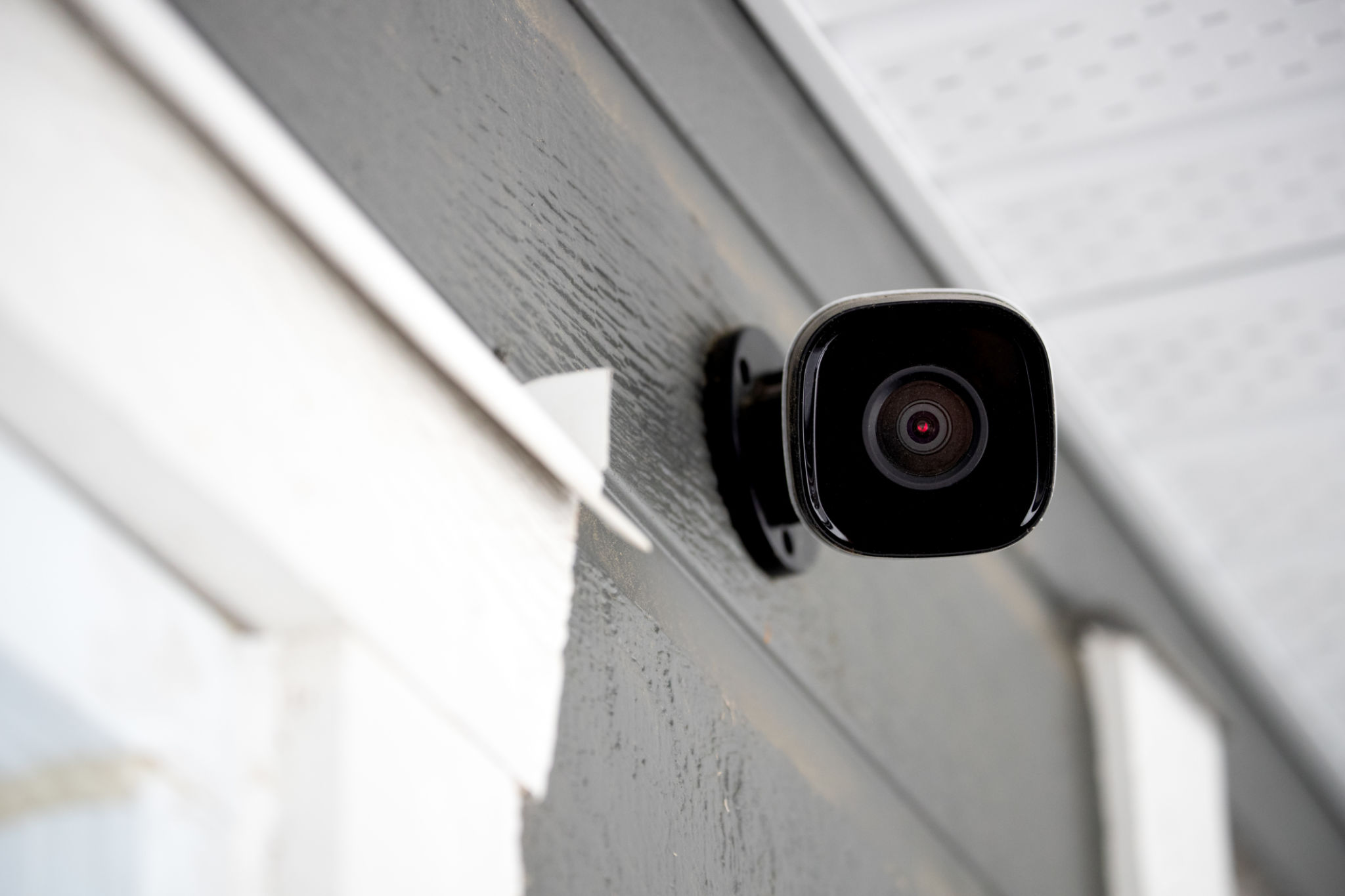Expert Tips for Choosing the Right Smart Home System
AD
Understanding Your Needs
Before diving into the world of smart home systems, it's crucial to assess your specific needs. Are you looking for enhanced security, improved energy efficiency, or more convenience in daily tasks? Knowing what you want will help you narrow down options and focus on systems that meet your criteria. It's essential to consider the size of your home and the kind of devices you want to integrate, as these factors will influence your choice.
If security is your primary concern, look for systems that offer robust surveillance features such as cameras and motion detectors. For those interested in energy savings, smart thermostats and lighting systems can make a significant difference. Convenience seekers might prioritize systems with voice control or remote access capabilities.

Compatibility and Integration
One of the most crucial aspects of choosing a smart home system is ensuring compatibility with existing devices. Not all systems work seamlessly with every brand, so it's vital to check that the new system can integrate with what you already have. This includes checking whether the system is compatible with popular voice assistants like Amazon Alexa, Google Assistant, or Apple HomeKit.
Integration is also key to a smooth user experience. A well-integrated system allows devices to communicate with each other, which can significantly enhance their functionality. For instance, a smart lock that communicates with a security camera can alert you and provide a video feed when someone approaches your door.
Scalability and Future-Proofing
Consider the scalability of the smart home system you choose. As technology evolves, you might want to add more devices or features to your setup. Ensure that the system you select can accommodate future expansions without requiring a complete overhaul. Opting for systems that support a wide range of devices is often a wise choice.
Future-proofing your investment is another important factor. Look for systems from reputable companies that regularly update their technology and provide excellent customer support. This ensures that your system remains functional and secure as new advances emerge.

Ease of Use
A smart home system should simplify your life, not complicate it. Therefore, ease of use is a critical factor when making your choice. Look for systems with intuitive interfaces and user-friendly apps that make controlling your devices straightforward. The setup process should also be simple enough for most users to handle without professional assistance.
Reading user reviews and testimonials can provide insights into how other customers experience the system's usability. Pay attention to feedback about the app's interface, setup instructions, and overall user experience to avoid potential frustrations.
Security and Privacy
With the increasing connectivity of smart home systems, security and privacy have become paramount concerns. Ensure that the system you choose offers strong security features such as encryption and two-factor authentication. Regular software updates are also essential for protecting your system against vulnerabilities.
Privacy policies are equally important. Review how the company handles your data and whether they share it with third parties. Choose companies that prioritize user privacy and have transparent data handling practices.

Budget Considerations
Smart home systems come in a range of prices, so it's important to establish a budget before you start shopping. While it might be tempting to opt for the most affordable option, it's crucial not to compromise on quality or essential features. Consider the long-term value of investing in a reliable system that meets your needs effectively.
Keep in mind that some systems may have additional costs such as monthly subscription fees for advanced features or cloud storage. Factor these potential expenses into your budget planning to avoid surprises down the line.
Final Thoughts
Choosing the right smart home system requires careful consideration of various factors including your needs, compatibility, scalability, ease of use, security, and budget. By taking the time to evaluate these elements, you can make an informed decision that enhances your home with technology that truly adds value.
Remember that a well-chosen smart home system not only offers convenience but also contributes to energy savings and improved security, making it a worthwhile investment for any modern homeowner.